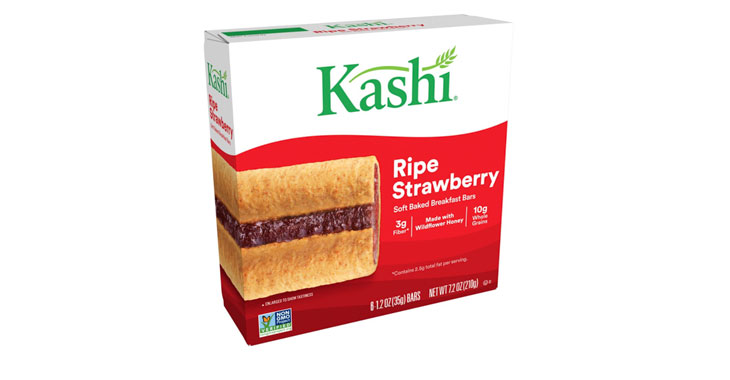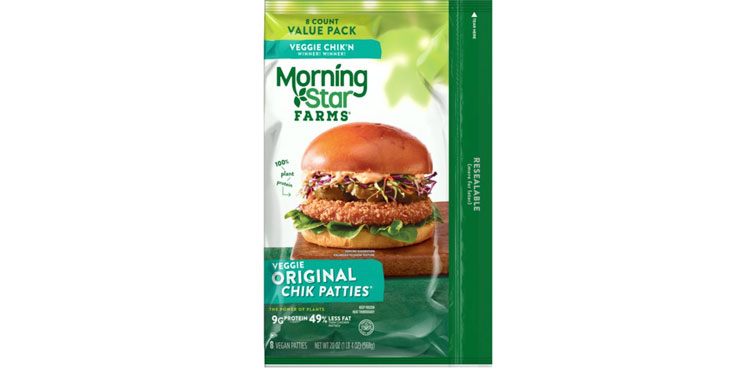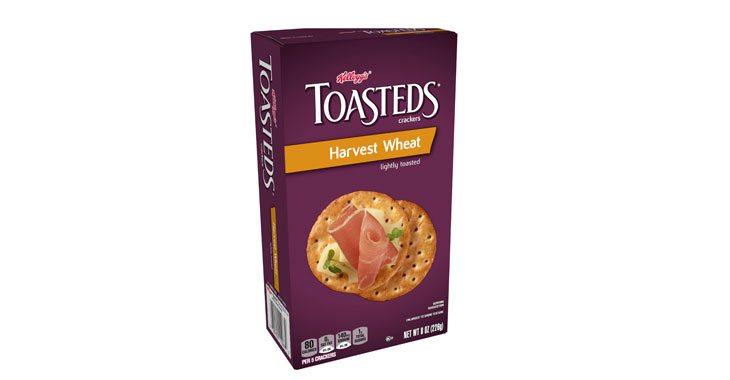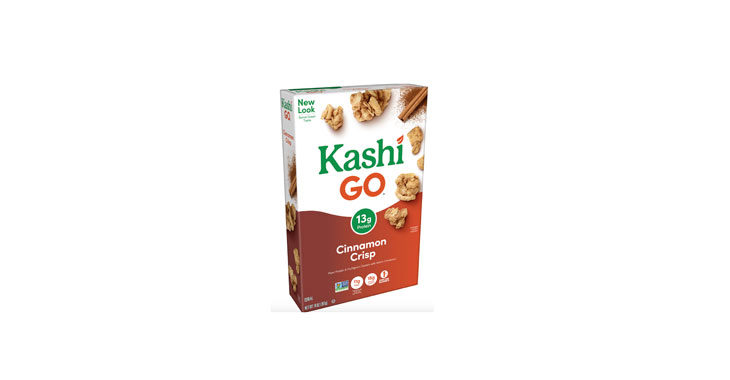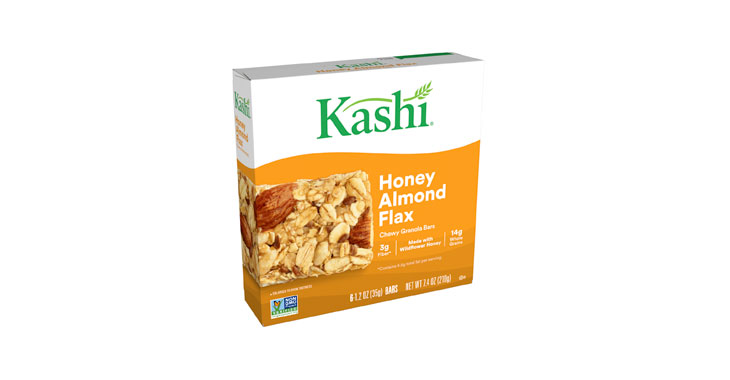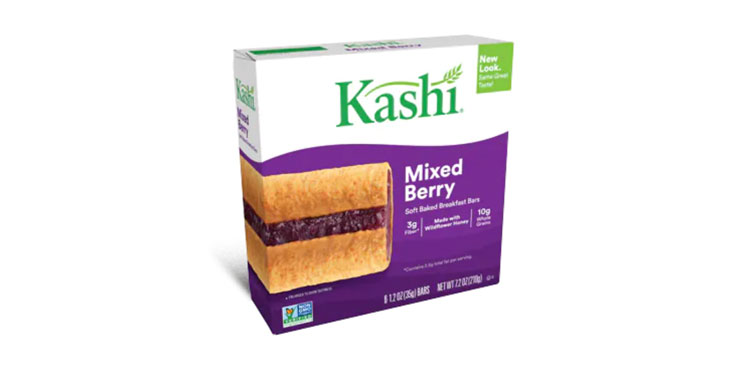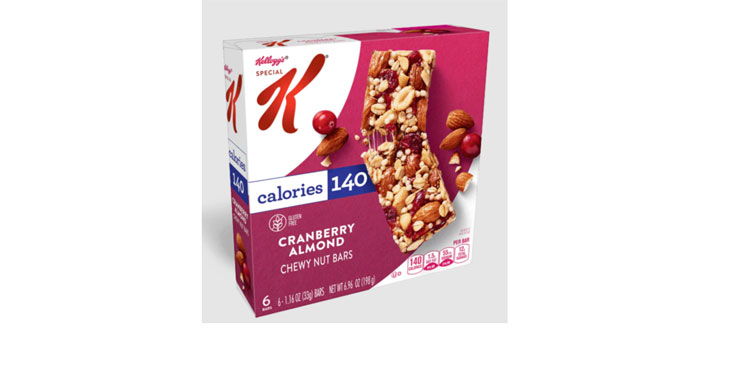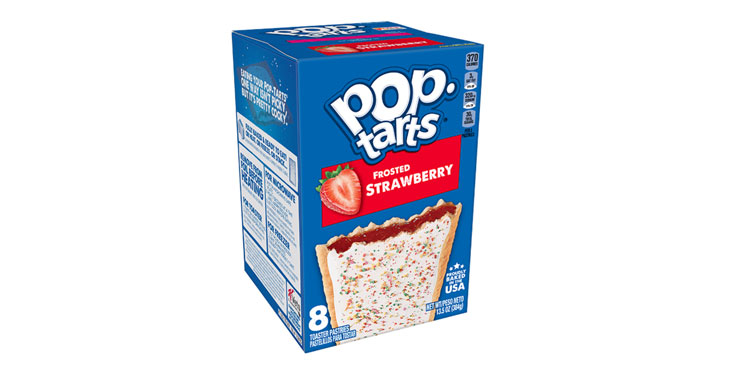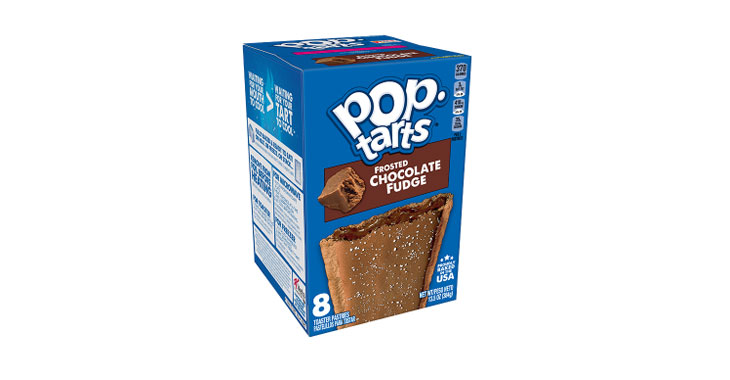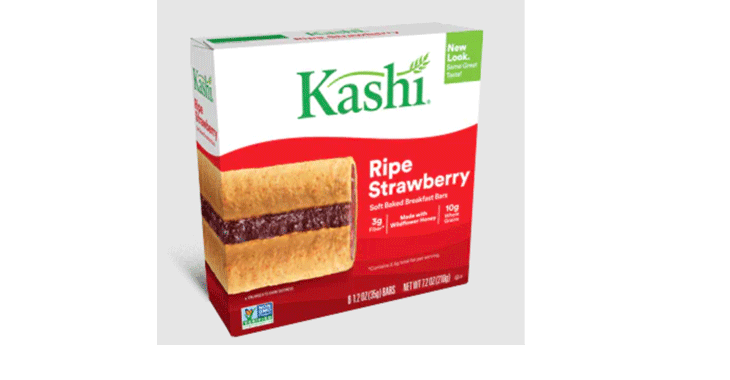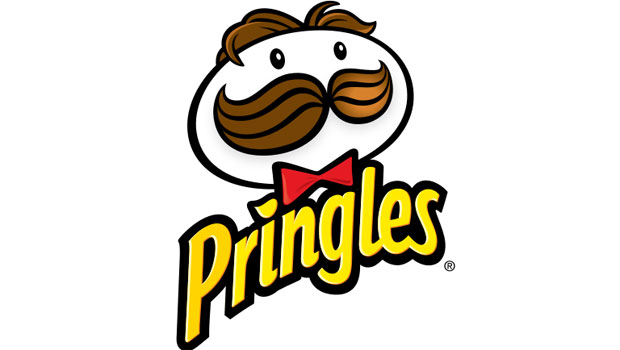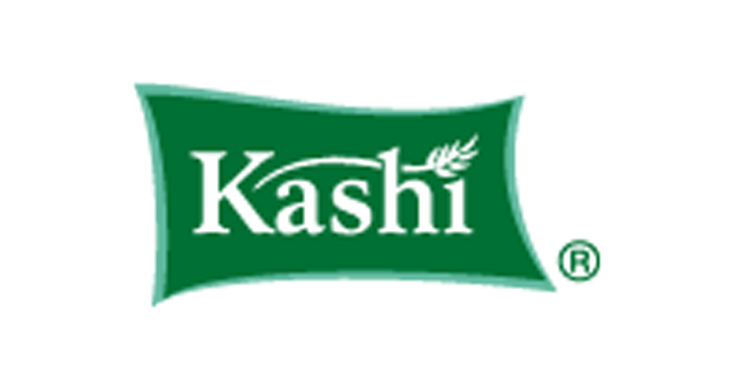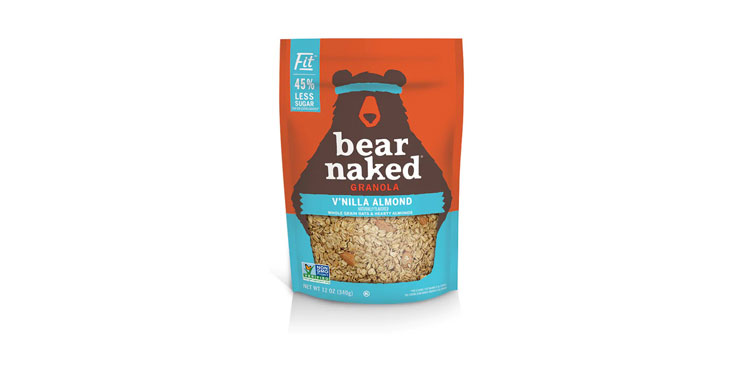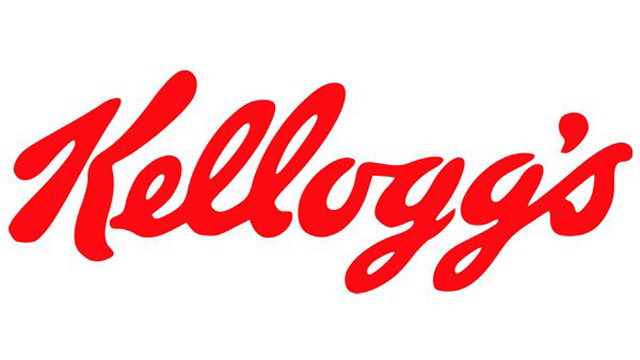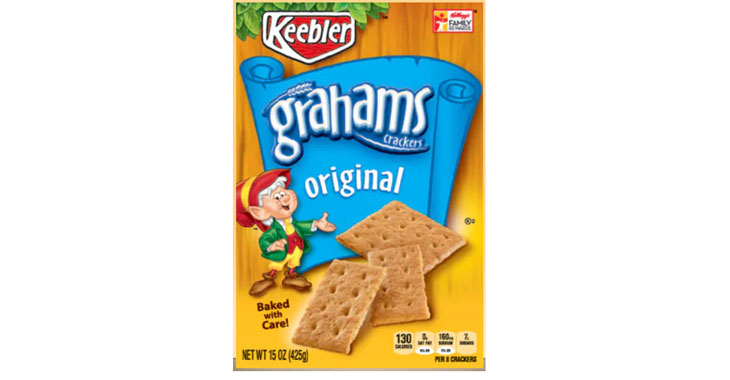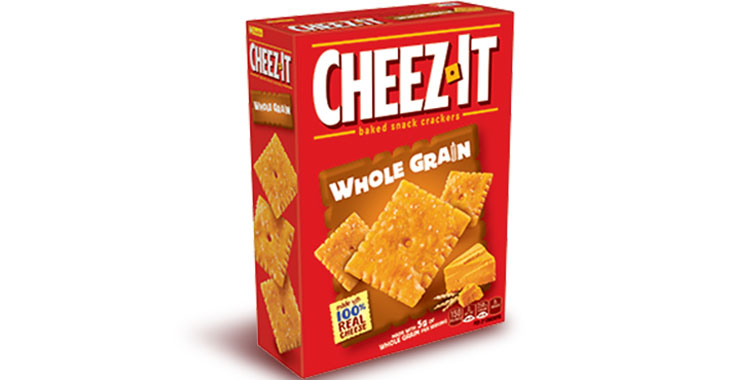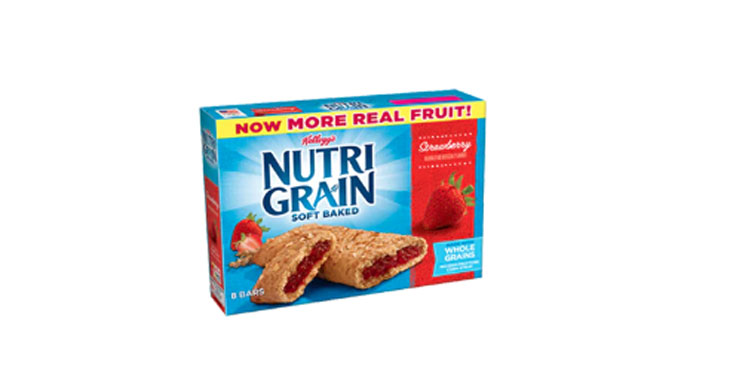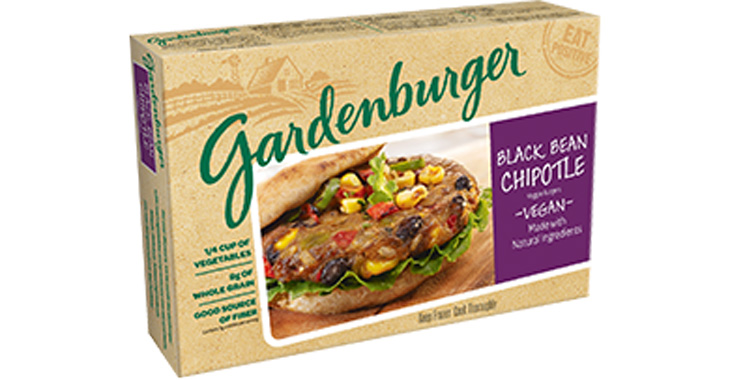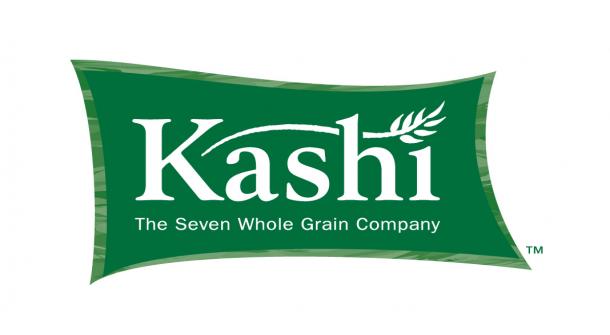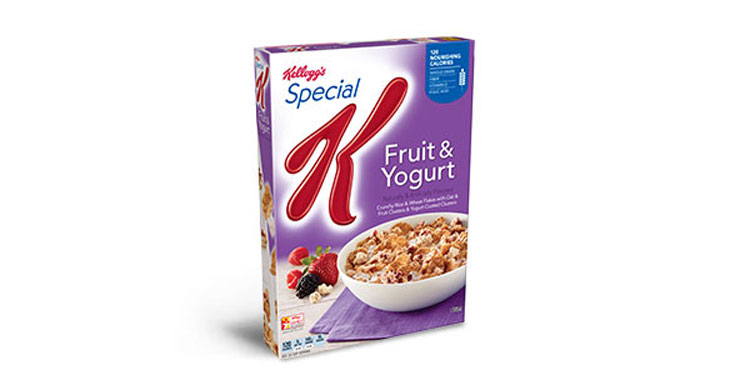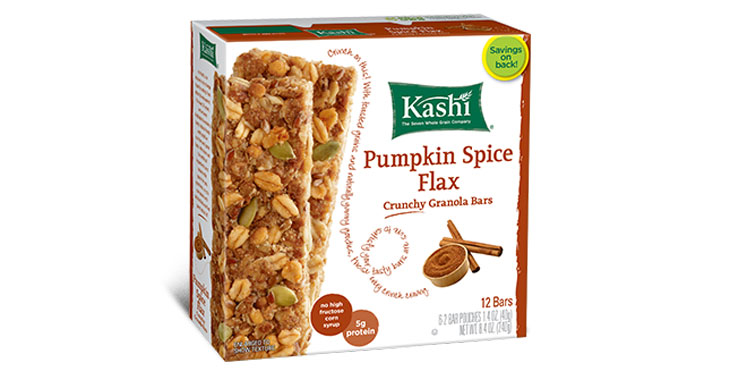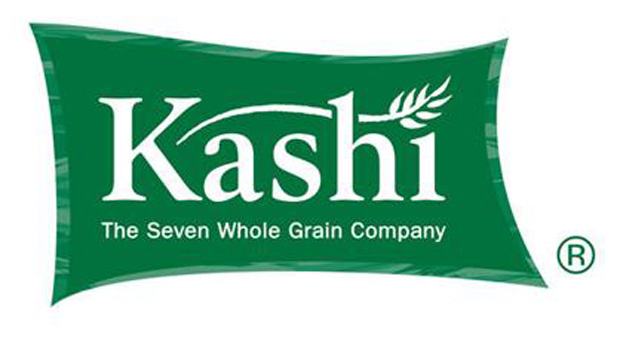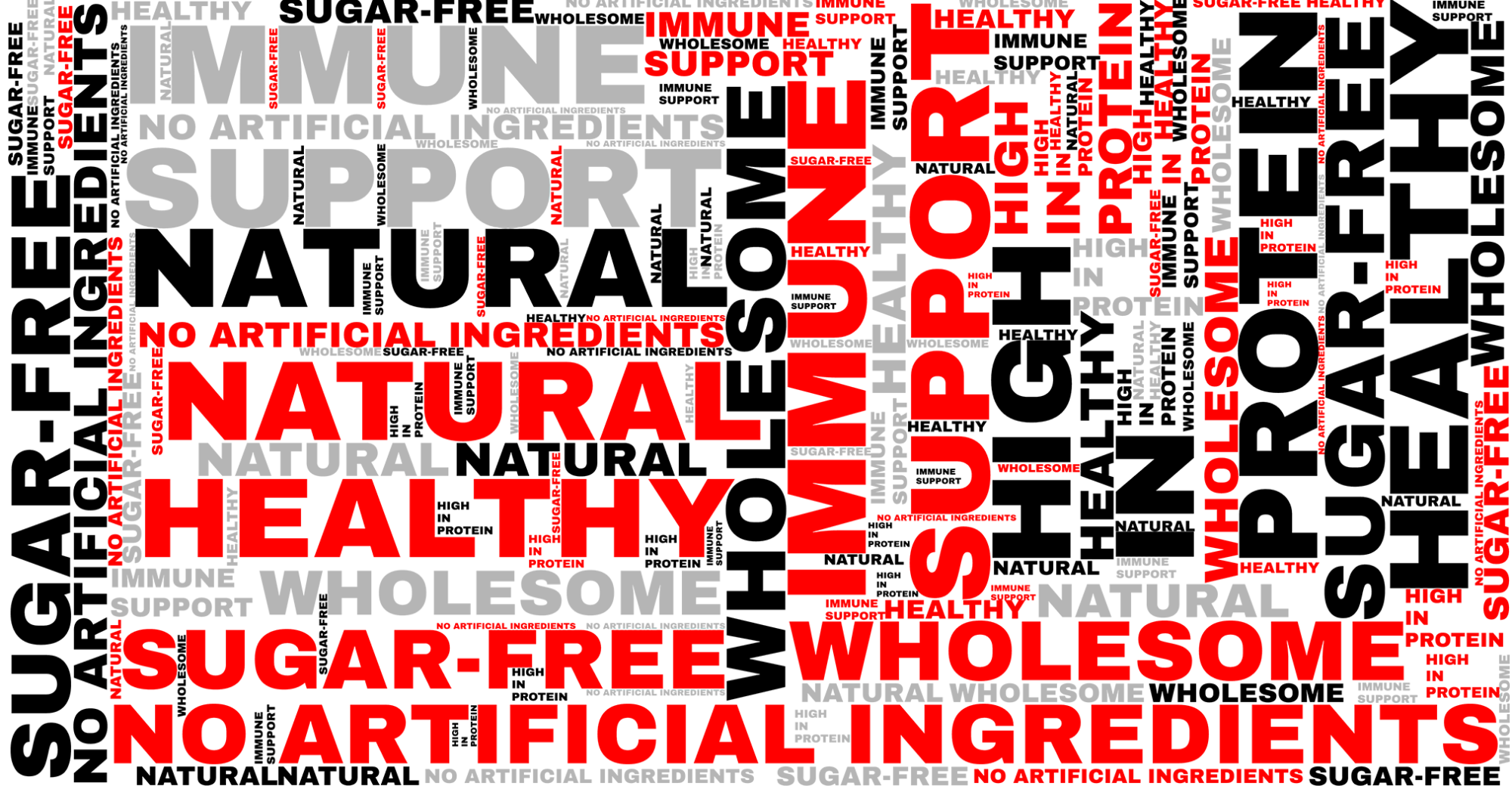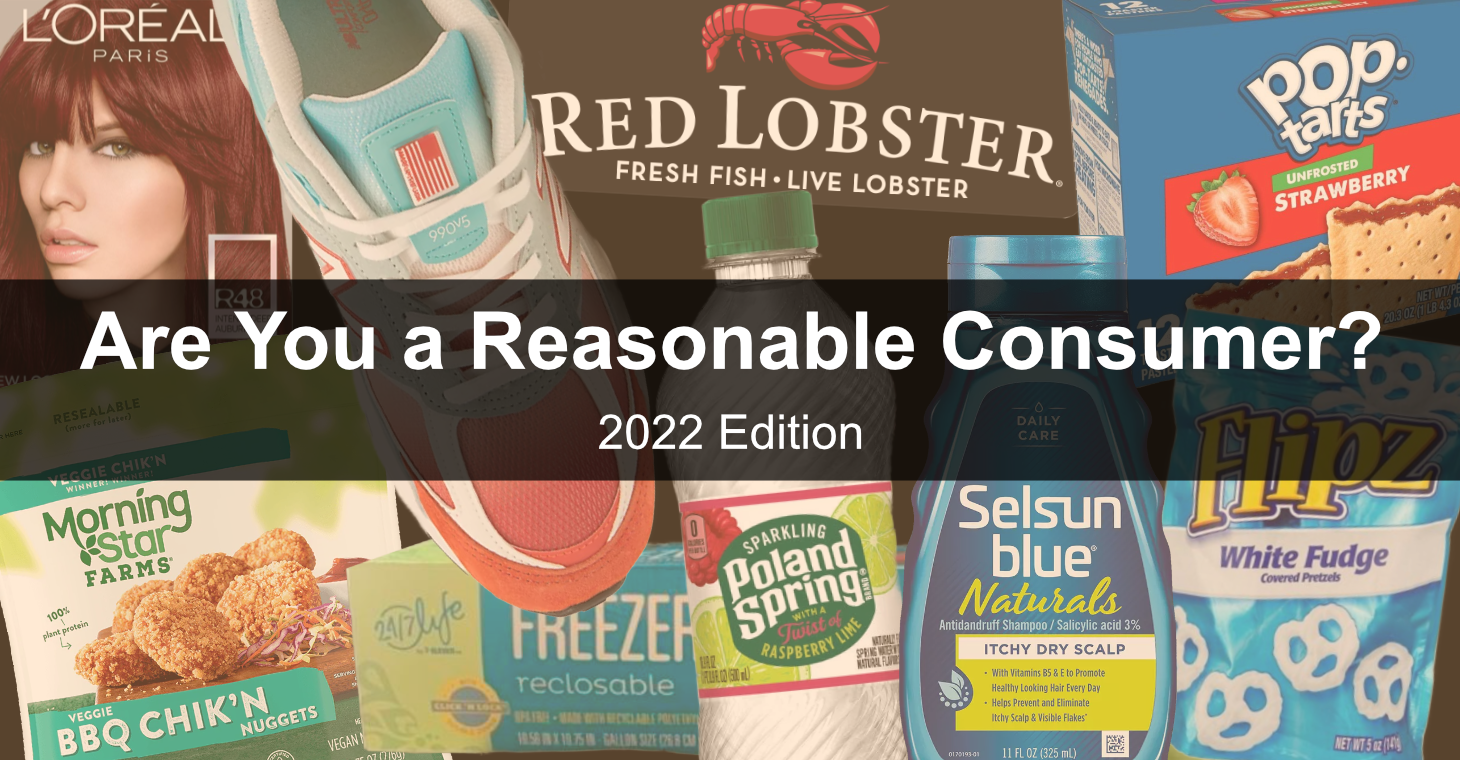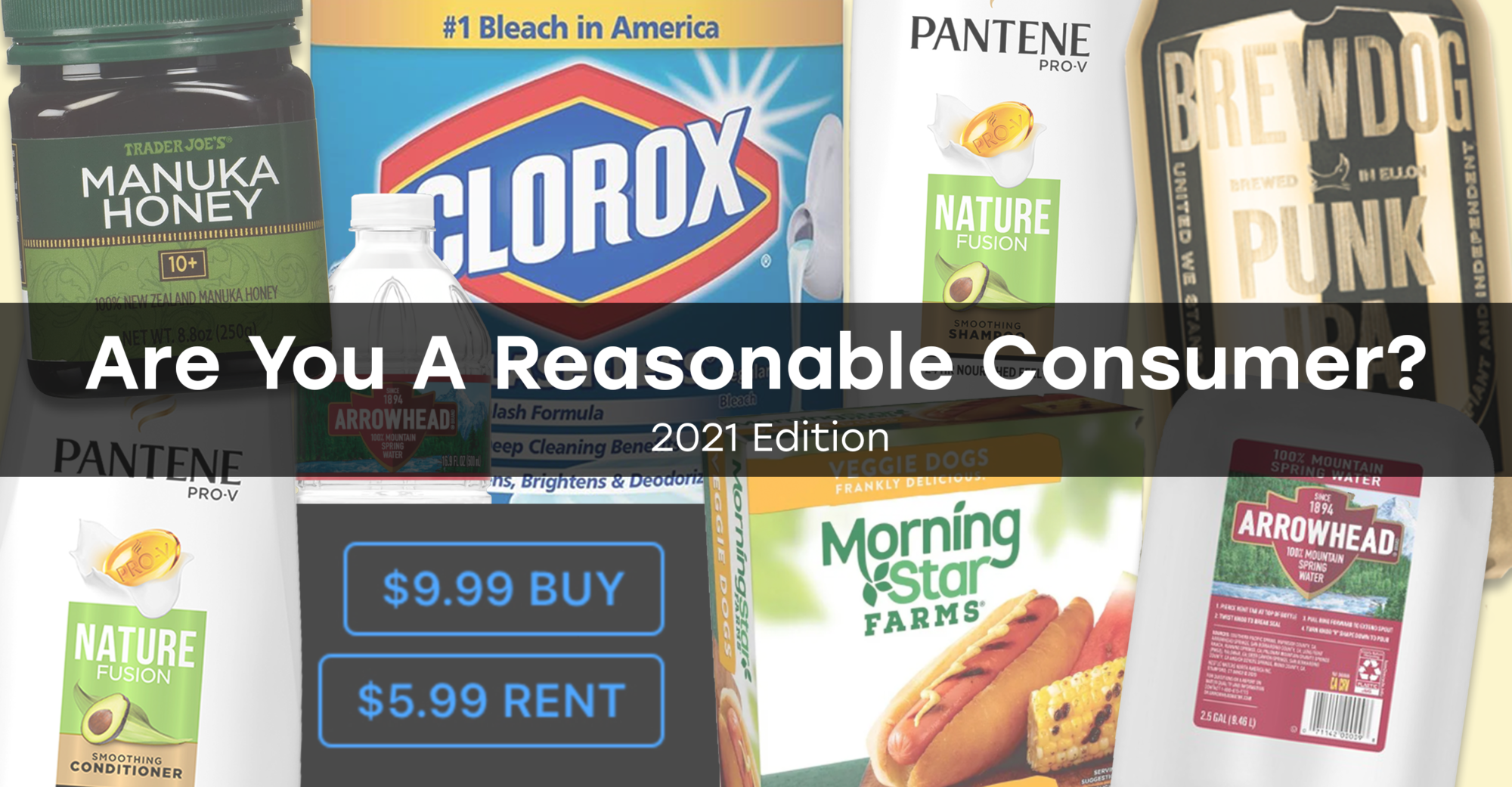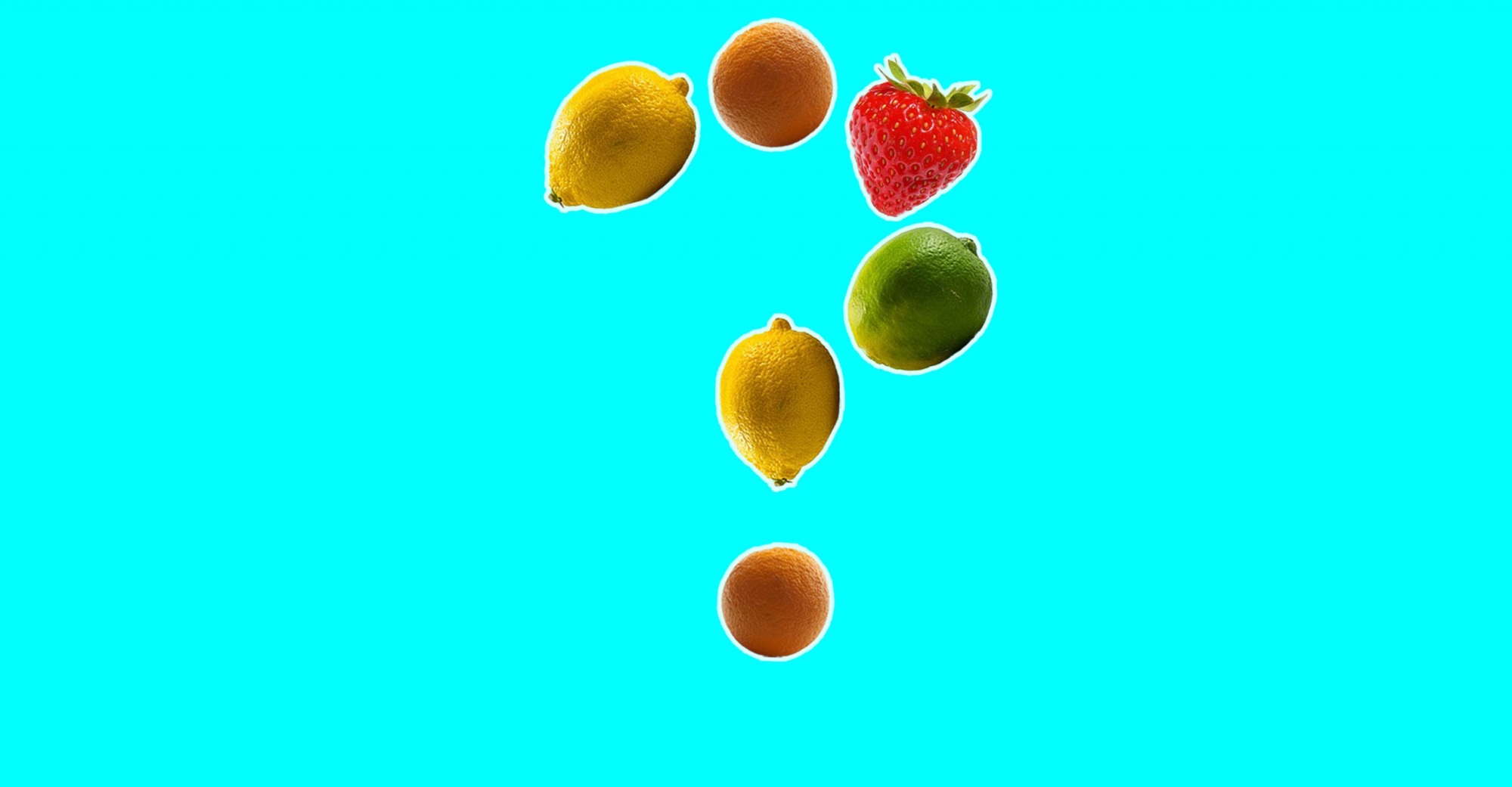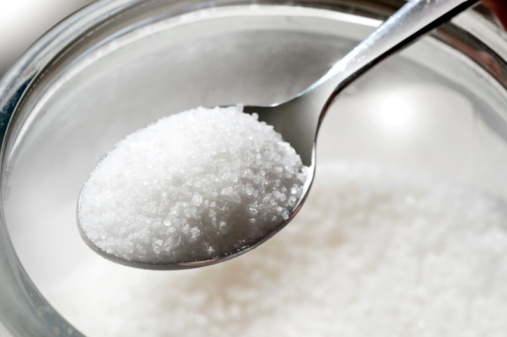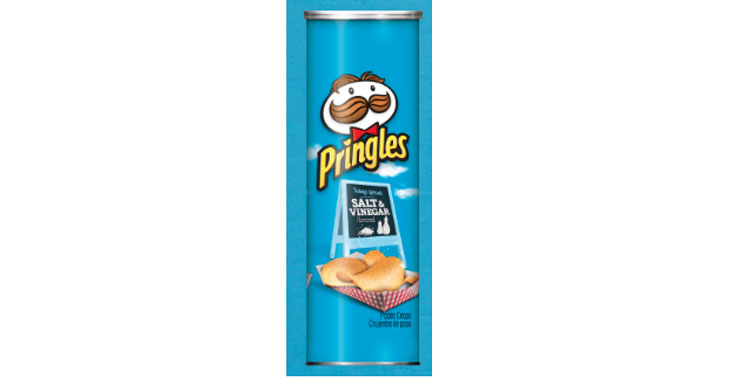
Pringles® Salt and Vinegar Chips
Allegations: Falsely marketing products as containing “No Artificial Flavors”
November 2021: The Court granted final approval of the settlement agreement.
September 2021: Plaintiffs moved for final approval of the settlement agreement.
June 2021: The Court granted preliminary approval of a revised settlement agreement. Go to https://cerealclaims.com/ for more information.
February 2020: The Court denied preliminary approval of the proposed class-action settlement. Click here to read the decision.
2019: Plaintiffs moved for preliminary approval of a proposed settlement agreement that would provide class members with either a cash award or a voucher to use toward future purchases. The amount of each class member’s cash award or voucher depends on the number and type of cereals they purchased. The company also agreed to make certain changes to the marketing of cereals. According to the settlement terms, the company agreed, for a period of two years, to remove “Heart Healthy” representations from boxes of Smart Start and only display “Heart Health” claims on the bottom half of boxes of Raisin Bran. The company also agreed, for a period of three years, to:
if more than ten percent of the calories in one serving of a cereal comes from added sugar.
2016: A false advertising class-action lawsuit was filed against Kellogg alleging that the company deceptively markets its name brand Raisin Bran, Smart Start, Crunchy Nut, and Nutri-Grain products as healthy, nutritious, and wholesome when, according to the complaint, they contain high amounts of sugar and, as a result, increase the risk of chronic diseases, including diabetes, cardiovascular, and obesity. (Plaintiffs filed an amended complaint in 2019.) (Hadley et al v. Kellogg Sales Company, Case No. 16-cv-4955, N.D. Cal.)
For more of TINA.org’s coverage of Kellogg’s, click here.
Allegations: Falsely marketing products as containing “No Artificial Flavors”
Allegations: Misleadingly including strawberries in photographs on the front of cereal boxes when the products don’t contain any strawberries
Allegations: Deceptively using slack-filled packaging
Allegations: Misleadingly marketing the ingredients in bars
Allegations: Falsely marketing products as “veggie”
Allegations: Misleadingly marketing ingredients in crackers
Allegations: Cereals contain less protein than advertised
Allegations: Misleadingly marketing products as “Made With Wildflower Honey” when honey is not the predominant sweetening ingredient
Allegations: Misleadingly marketing the ingredients in breakfast bars
Allegations: Misleadingly marketing bars as “Cranberry Almond”
Allegations: Misleadingly marketing the filling as strawberry when it contains significant amounts of other fruits in addition to strawberries
Allegations: Misleadingly marketing that the product contains fudge when it is missing ingredients essential to fudge and contains ingredients that are not found in fudge
Allegations: Misleadingly marketing that the only fruit ingredient is strawberries
Allegations: Misleadingly marketing the ingredients used in the fruit filling and as the primary sweetener in products
Allegations: Failing to disclose chips contain harmful ingredients and misleadingly marketing chips as containing evaporated cane juice when they actually contain sugar
Allegations: Misleadingly marketing the ingredients that are in the filling of Kashi bars
Lawsuits allege foods and beverages aren’t as healthy as you might think.
See how you stack up.
See how you stack up.
How much of the real fruit pictured on the label actually makes it in these products?
Tallying up added sugars wasn’t easy.

